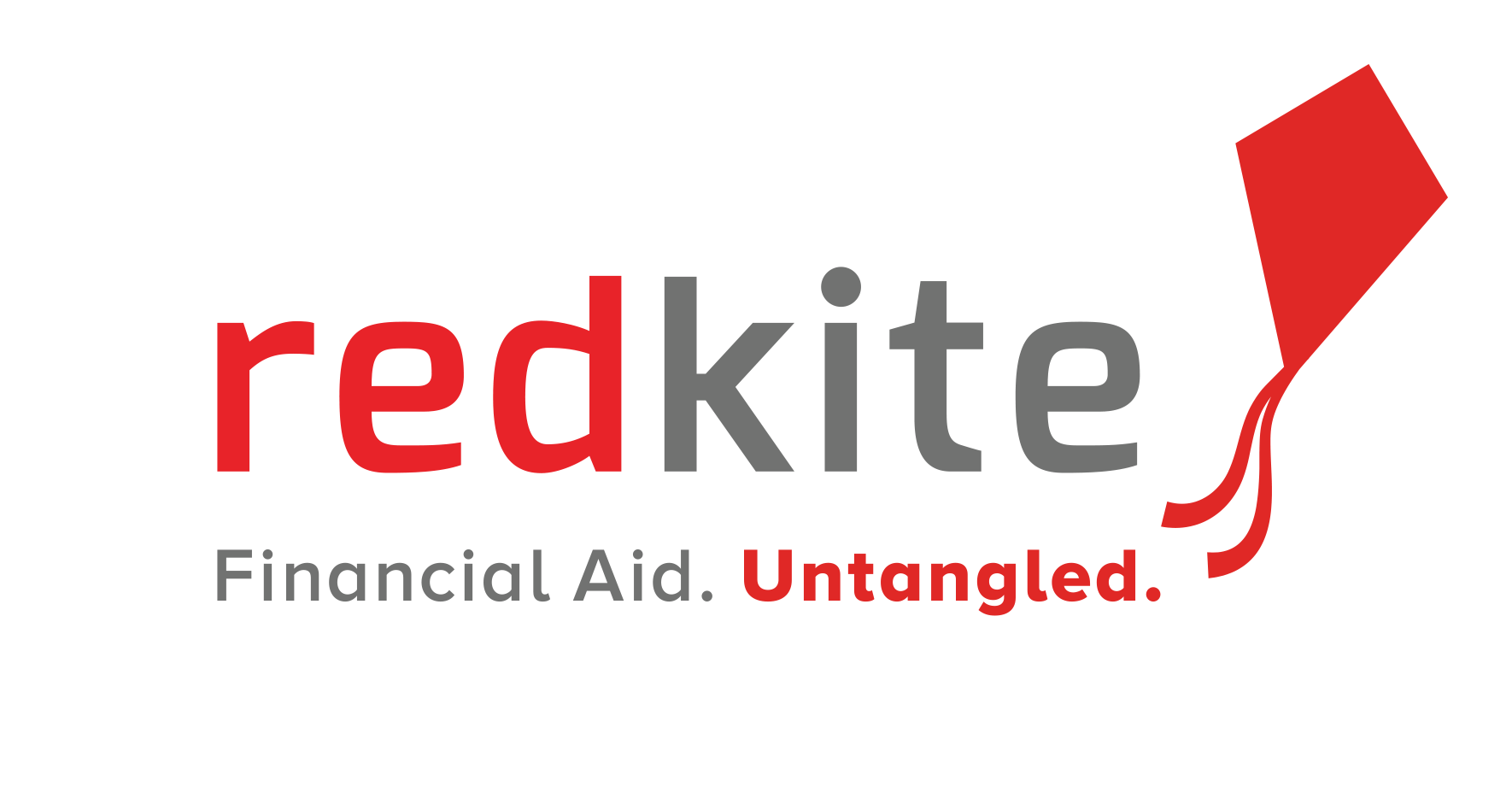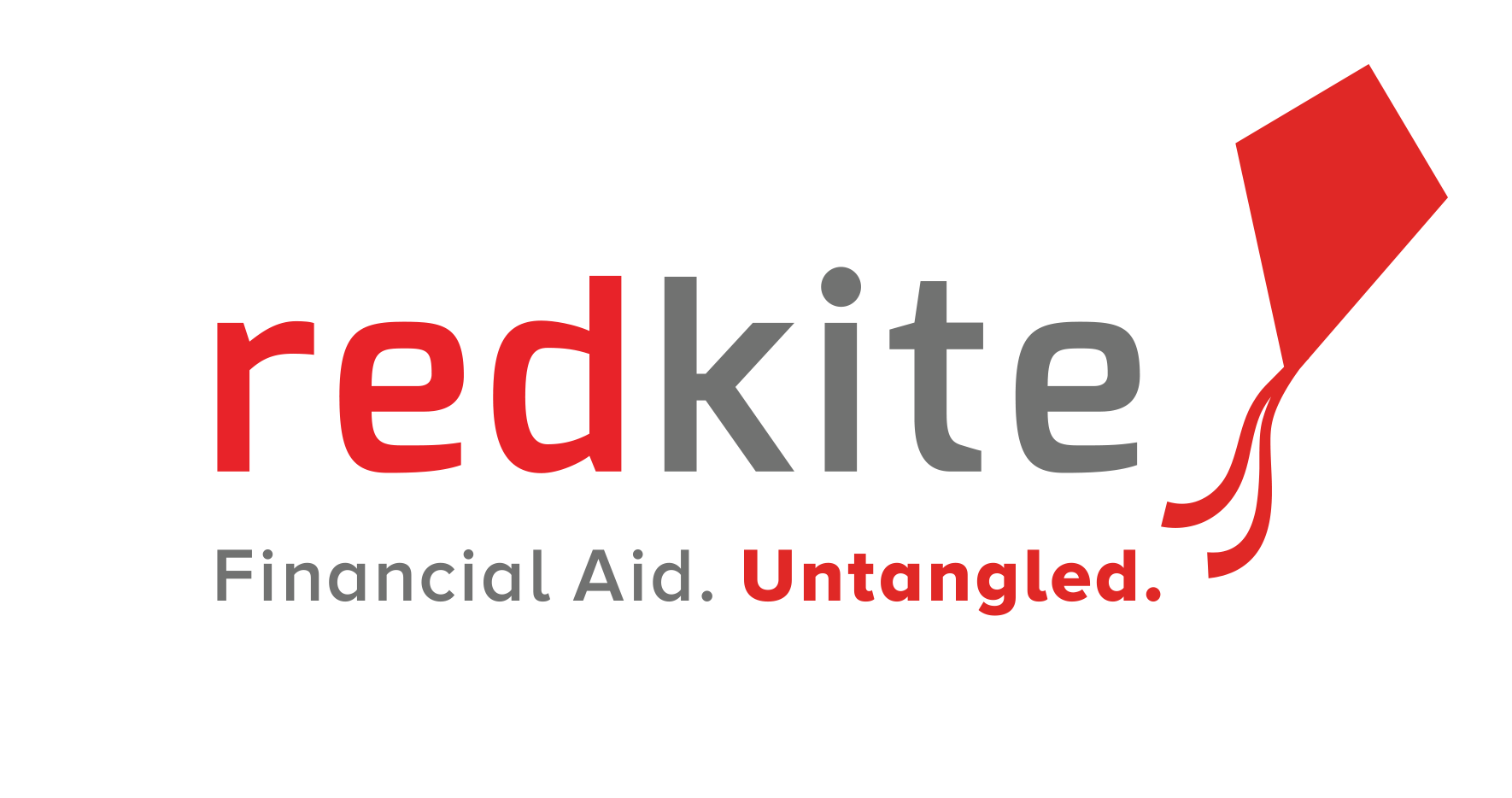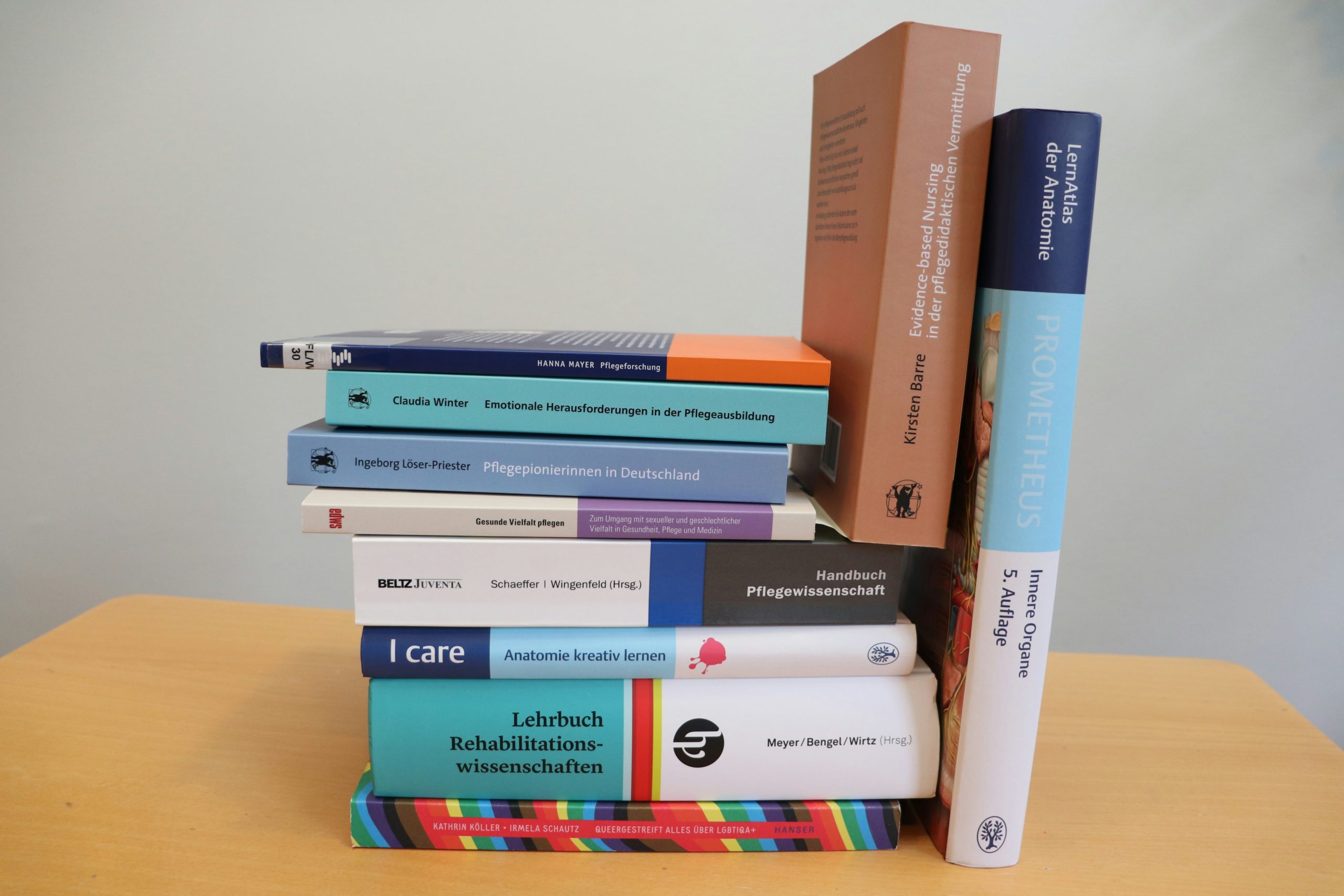Finding the balance between college and work can be one of the most demanding challenges students face, but it’s also one of the most rewarding.
For many students, working during college is a financial necessity to cover tuition, rent, or other expenses. It’s also a great way to gain valuable experience, build a network, and save for the future.
But it’s no easy feat to juggle personal life with a full-time, part-time, or multiple jobs at once. Once you add academic responsibilities on top of everything, it’s understandable to feel overwhelmed.
However, finding the balance can equip you with time management and resilience skills that will serve you for the rest of your life.
The key to thriving in both areas lies, of course, in proper strategy and maintenance. i.e., planning in advance and regularly checking in with yourself to ensure you’re not burning out.
And it’s not just about meeting deadlines and showing up for shifts – the key is to maintain a healthy lifestyle while progressing toward your academic and career goals. That way, you can enjoy the best of both worlds: financial independence, real-world experience, and academic success.
Let’s go through just a few tips to help you manage it all, ensuring that neither your job nor your schoolwork takes a backseat.

Create a Realistic Schedule
The first step towards finding the balance is to ensure that you’re managing all your commitments without feeling overwhelmed. You’re not superhuman, so the most important part of this strategy lies in being honest with yourself.
Start by organizing your time in a way that ensures every aspect of your life is accounted for. Beyond just your planned personal activities, you should create a comprehensive schedule that includes your work shifts and class/study sessions. A planner or digital calendar is invaluable for this, helping you visualize how your days and weeks will unfold.
As mentioned, you should avoid the temptation to overestimate how quickly you can finish assignments or commute between work and school. By allowing adequate time for each task, you’ll reduce your stress load.
Be sure to include regular breaks throughout your day, whether it’s time to grab a meal, relax with friends, or simply take a walk. These moments of rest are essential for maintaining both your physical and mental well-being.
Creating a schedule isn’t just about filling every hour with tasks. It’s about allowing yourself to be productive while still maintaining a sense of personal freedom and relaxation. With a well-structured plan, you’ll feel more in control of your time and better able to meet the demands of both college and work.

Communicate with Your Employer
It will benefit you in any job to have an open, honest relationship with your boss. While you’re in college, you should be upfront with your employer about the fact that you’re juggling multiple commitments. This will help set realistic expectations from the start.
Let your employer know your class schedule in advance, so they understand when you’re available to work and when you’ll need time off for studies. Being transparent will allow your boss to plan accordingly.
And if your workload at school intensifies during midterms or finals, don’t hesitate to discuss the possibility of a more flexible arrangement. Many employers, especially those who frequently hire students, are open to adjusting schedules to accommodate academic responsibilities.
Whether it’s reducing your hours temporarily, switching shifts, or working remotely, a flexible approach will make a significant difference when deadlines start to pile up.
Some employers go a step further by offering benefits specifically tailored to students. Work-study programs or tuition assistance can help ease the financial burden of college while reducing the hours you need to work.
If your employer offers these programs, take full advantage of them. Not only can they lighten your financial load, but they also demonstrate that your employer values your education and long-term success.
Effective communication with your employer creates a foundation of understanding and support, ensuring that both your job and your studies can coexist. It’s always better to be proactive, rather than waiting until you’re overwhelmed.

Use Financial Aid to Lighten the Load
By securing scholarships, grants, or work-study opportunities, you can ease the financial burden of tuition and other college expenses, allowing you to focus more on your studies.
This not only reduces the time you need to spend working but also helps alleviate stress, enabling you to maintain a healthier balance between school and life.
Platforms like Red Kite make it easier to find and apply for financial aid. With access to thousands of scholarships and grants, you can explore options tailored to your specific needs, academic performance, or personal background.
By investing time in applying for these opportunities, you could potentially cover a significant portion of your educational expenses, making it possible to cut back on work hours or take on a less demanding job.
Red Kite compiles over $25 BILLION in financial aid, so you can free up more time for what truly matters -excelling in your academic journey.

Prioritize Self-Care and Rest
As a student and worker, if you don’t take care of yourself, it’s easy to fall into burnout. The demands of your day-to-day life can leave little room for thinking about your well-being, but prioritizing self-care is essential for maintaining long-term success.
One of the most important aspects of self-care is ensuring that you get enough sleep. Sleeping consistently is crucial for staying focused, retaining information, and keeping your energy levels up throughout the day. When you’re sleep-deprived, both your academic performance and work productivity will suffer.
Equally important is engaging in activities that help you decompress and recharge. Stress-relieving practices like meditation, yoga, or mindfulness exercises can help clear your mind and improve your focus.
If meditation isn’t your style, you might try out different hobbies or creative outlets. These activities provide a much-needed break from your responsibilities and allow you to maintain a healthy work-life balance.
Ultimately, prioritizing self-care isn’t just about avoiding burnout – it’s about ensuring that you have the mental and physical stamina to succeed in both school and work. By taking care of yourself, you’re investing in your long-term health and productivity.

Evaluate and Adjust
During this time of your life, you must regularly assess your workload to ensure that you’re not becoming overwhelmed. You should check in with yourself frequently – whether it’s weekly, monthly, or at major academic milestones – to evaluate how well you’re handling your commitments.
Are you keeping up with your classes, assignments, and deadlines? Are your work responsibilities manageable, or are they beginning to encroach on your study time? Being honest with yourself about how things are going is the first step in preventing burnout.
If you find that your academic performance is suffering because of your work schedule, it’s okay to scale back on your job hours. Similarly, if your grades are strong but you’re feeling overworked, it might be time to reassess your study habits or the number of courses you’re taking.
It’s not a sign of failure to adjust your commitments – in fact, it’s a smart strategy for success in all areas of your life. Prioritizing your education doesn’t mean neglecting your work, and vice versa. It’s about finding a sustainable balance that works for you.
Flexibility is key throughout this process. Your needs will likely change as the semester progresses. For example, you might be able to handle more work hours early in the term when your course load is lighter, but as midterms or finals approach, you may need to reduce your hours to dedicate more time to studying.
Likewise, certain jobs may offer the option to work more during holiday breaks in the school year. If you find yourself in need of more shifts, don’t hesitate to discuss these options with your employer, and always be ready to adapt your schedule to match your current situation.
Remember, maintaining balance is an ongoing process. Staying flexible and open to change will help you manage the evolving demands of your student life.

Balancing both work and college is no easy task, but with a thoughtful approach and the right strategies, it’s entirely possible to excel in both areas. Good time management is at the core of this balancing act.
By carefully planning your schedule and setting realistic goals, you can stay on top of your responsibilities without feeling overwhelmed.
Be sure to stay in communication with your employer, professors, and loved ones. Keeping everyone in the loop ensures that your needs are understood and respected.
Remember to take things one step at a time. Stay patient with yourself, make use of all available resources, and keep moving forward. You’re doing great!
Be sure to check out www.myredkite.com to find scholarship opportunities today!











































